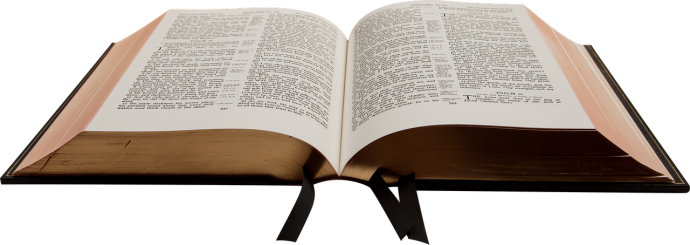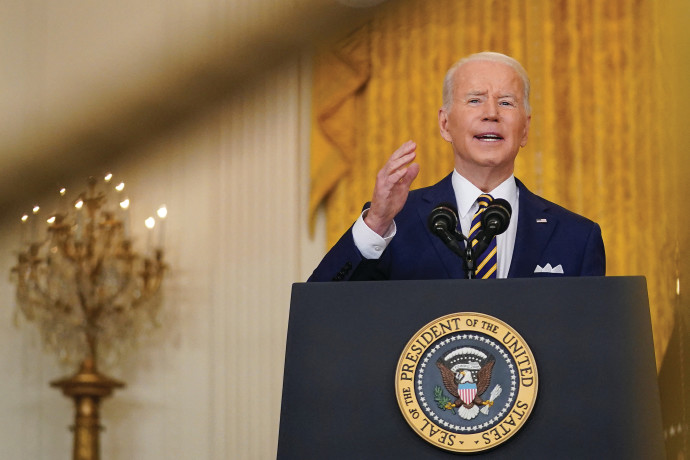Nearly three-quarters (74%) of American Christians believe that their country’s moral compass is pointed in the wrong direction, according to a new survey by the Deseret News.
In general, 72% of Americans overall think the compass is pointed in the wrong direction and only 22% believe it is pointed in the right one. The rest are undecided. That means that a majority (69%) of Americans who do not practice a religion also believe the nation’s moral compass is pointed in the wrong direction.
Consensus does however change based on an individual’s political party affiliation, with 90% of Republicans saying the moral compass is broken versus 51% of Democrats.
The Deseret News “Faith in America Survey,” conducted by Marist College Poll, was published this week. It looks at religious beliefs and habits of US citizens. The pollsters surveyed 1,653 adults between January 19 and 26 to get their results. The surveys were done by telephone using live interviews. Results are statistically significant within ±3.2 percentage points.
“While the state of religion is continually changing, our study found that the majority of Americans still hold core religious beliefs and draw moral guidance from their families and their faith traditions,” said Hal Boyd, executive editor of Deseret National. “The vast majority of Americans, 7 in 10, believe the country would be better off if we prayed for each other. And most Americans say the US Constitution was inspired by God. Despite headlines that emphasize religion's decline, faith remains a strong moral force in American life.”
However, most Americans (60%) believe that the future of their country is in the people’s control rather than in God’s hands (35%). These percentages shift when broken down by faith: 58% of people who practice a religion believe the future of the county is mostly in God’s hands, including 44% of Christians – 27% of Catholics and 52% of Protestants.
Belief in God
When it comes to belief in God, more than half (54%) of Americans say they believe in God as described in the Bible – 86% of all those who practice a religion and 33% of individuals who report they do not practice a religion.
Nearly three-quarters of Americans (71%) consider themselves spiritual and the majority of these people (69%) also believe in God as described in the Bible.

More than half of Americans (53%) say they pray daily, including 40% of adults who say they attend religious services at least once or twice a month.
Forty percent, however, is a marked decline from an April 2011 Marist Poll that showed 52% of Americans attending a service at least this often, the survey authors noted.
Faith and politics
When it comes to the role of religion in politics, the majority (70%) of Republicans believe someone’s politics should be influenced by their religion. In contrast, the minority (28%) of Democrats and the minority (45%) of Independents believe the same way.
The numbers were similar when looking at whether or not the US Constitution was inspired by God: Republicans (81%) overwhelmingly believe it was inspired by God, while 55% of Independents and only 36% of Democrats agree.
While the majority of Christians (59%) say their religion plays a major or minor role in choosing their friends and associates, Americans in general do not agree. Only 50% of Americans report their religion plays a major role (22%) or minor role (28%) in the friends or people with whom they associate.
And how does faith change their perception of President Joe Biden?
It sees the more religious an individual is, the less likely the person is to have a favorable impression of the president.

In general, more than half (54%) of Americans have an unfavorable impression of Biden; 58% of Christians and 62% of those who practice a religion in general agree.
Some 49% of respondents consider Biden to be more religious than former US President Donald Trump (32%). While a plurality of Christians (44%) agrees with this assessment, a slim plurality of those who practice a religion, overall, believe Trump (43%) to be more religious than Biden (39%).
One in 10 Americans view neither as religious.
